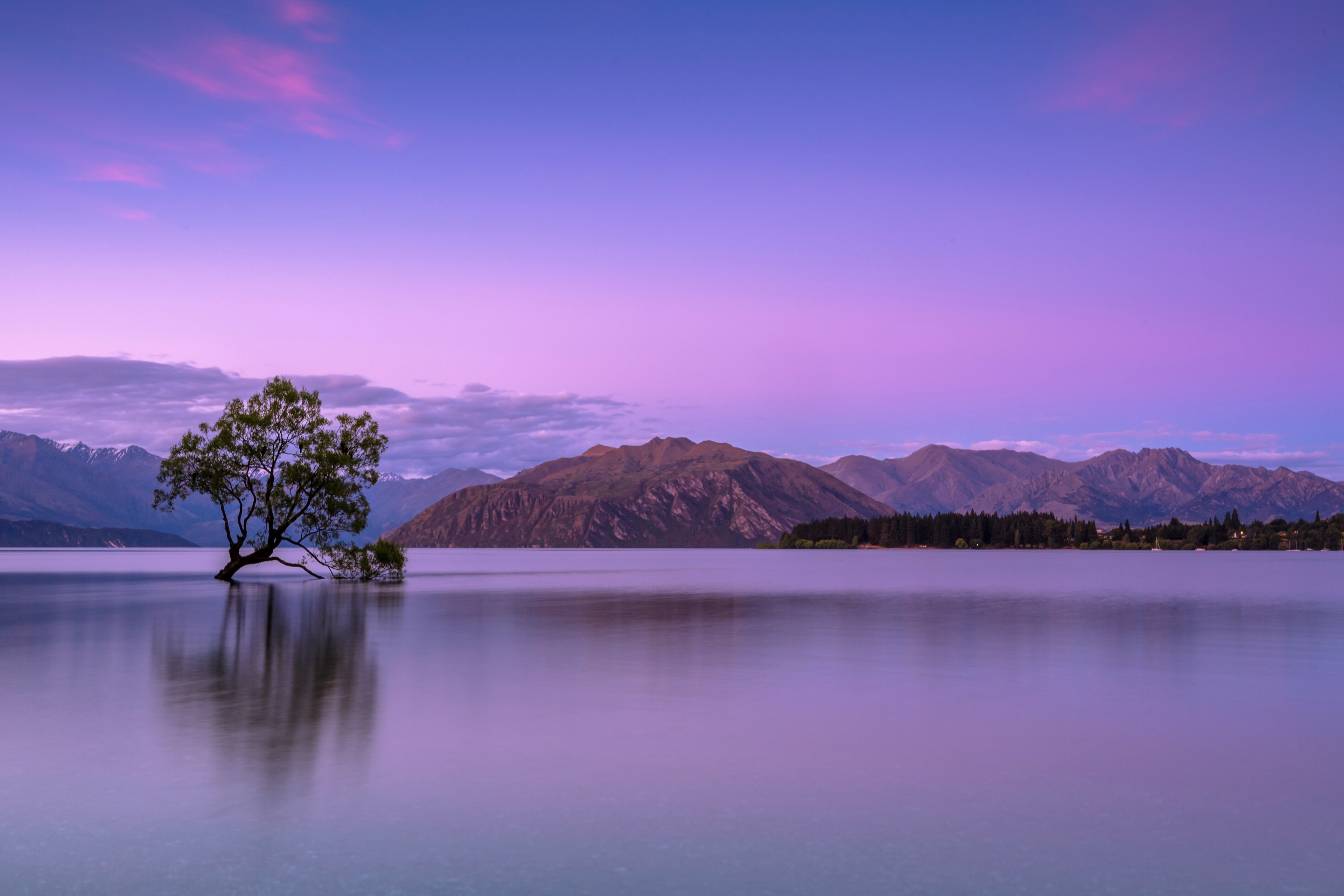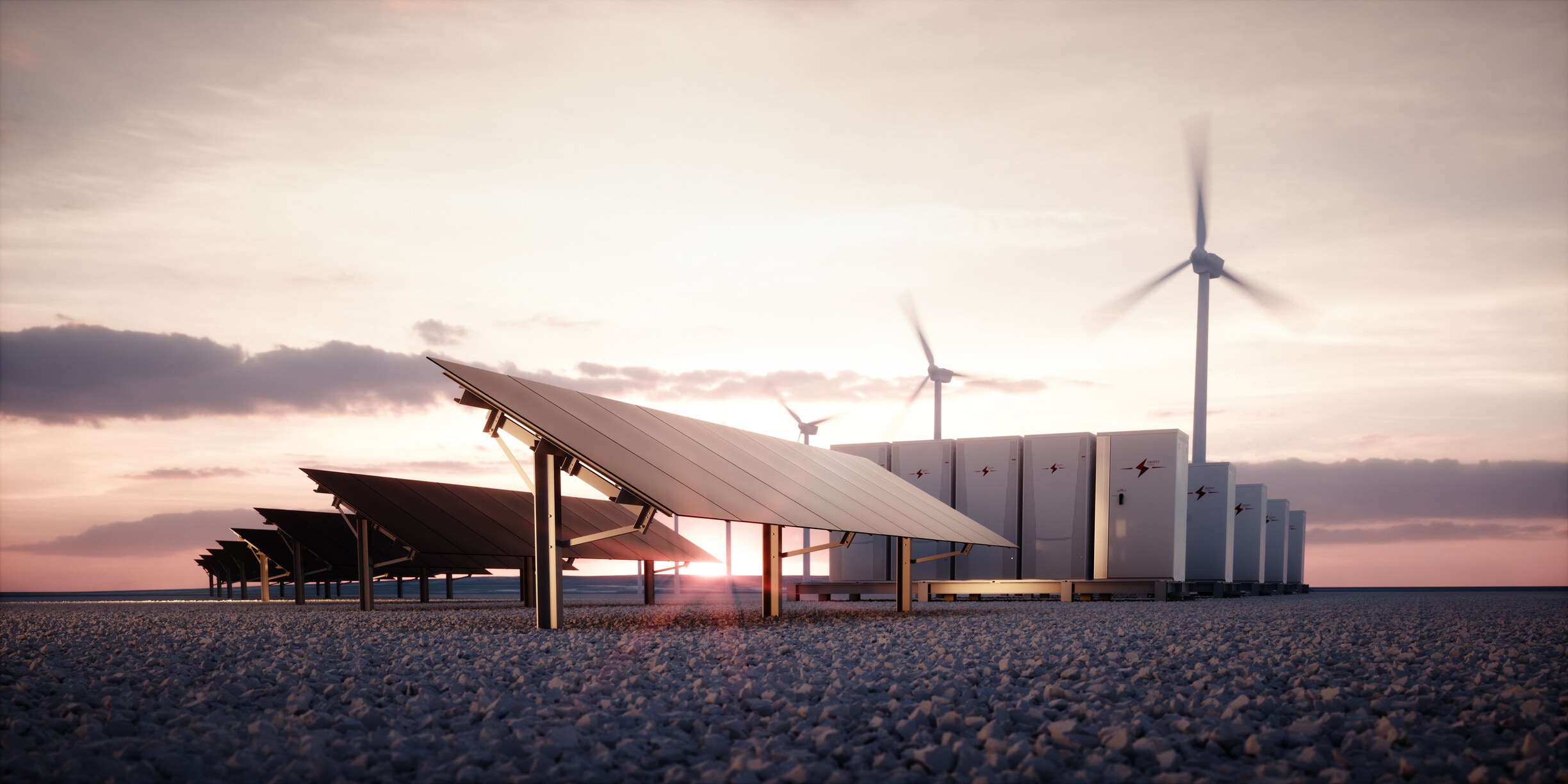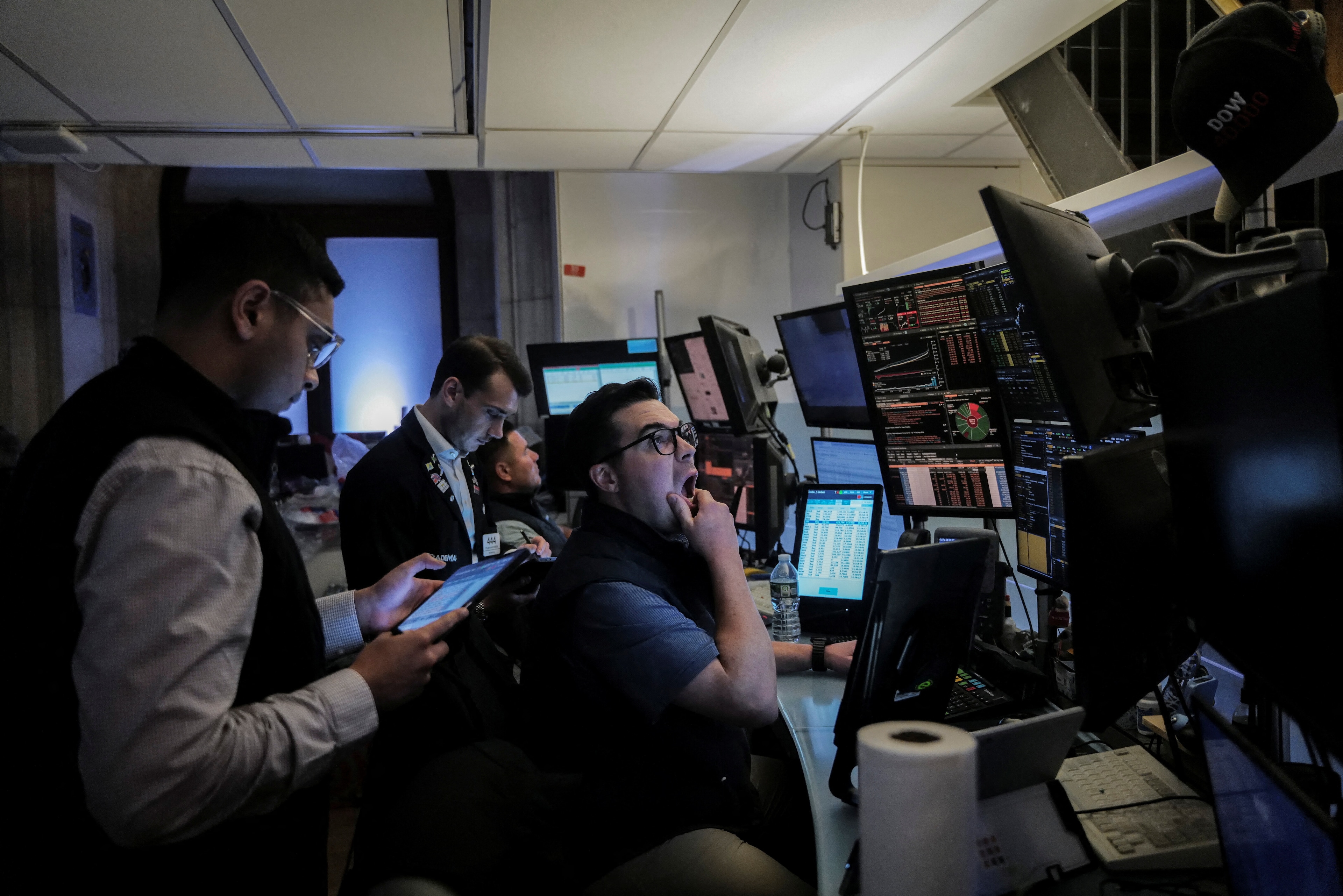The next steps to green, free trade

If ever there was an opportunity for global political leaders to back their commitments to strengthen global growth with real action, it would be through expanding trade and investment. The G8, G20 and Asia-Pacific Economic Co-operation (APEC) group have all have committed to trade liberalization and promised to promote it.
But as Mexican President Felipe Calderón – a genuine “free trader” whose government has worked hard to sign new, and to consolidate existing, agreements – said at the 2011 G20 Business Summit, no sooner do world leaders commit to free trade than they begin to undermine it.
A significant development is emerging on the multilateral front. Leaders of the 21 countries who are members of APEC are moving to liberalize trade in green goods and services. They have committed to reduce their applied tariff rates to 5% or less by the end of 2015, and to eliminate “non-tariff barriers, including local content requirements that distort environmental goods and services trade”. As APEC says, taking concrete actions in this area “will help our businesses and citizens to access important environmental technologies at lower costs, which, in turn, will facilitate their use”.
In November 2011, APEC members agreed to develop in 2012 “an APEC list of environmental goods that directly and positively contribute to our green growth and sustainable development objectives”. Developing a list of goods to be included in the tariff reductions is an essential step in the right direction.
And when they met in Russia, on 4-5 June, APEC trade ministers reiterated their commitment, stating: “We are resolved and dedicating all available resources . . . to fulfil leaders’ instructions to work to develop in 2012 an APEC list of environmental goods”. That trade ministers are “dedicating all available resources” is a positive sign indeed.
The G20 should take inspiration from APEC (nine G20 countries also belong to APEC). And it would do well to consider the advice of the G20 Business Summit Task Force on Green Growth, of which we are members. At the G20 Summit in Mexico next week our group will urge leaders to “Initiate trade liberalization on sustainable energy products and services to eliminate tariffs, local-content requirements, and other non-tariff barriers, and to coordinate industrial and technical standards”.
A workable model for a plurilateral Sustainable Energy Trade Agreement (SETA), modelled on the successful Information Technology Agreement negotiated in the 1990s, is emerging from the combined efforts of interested civil society organizations, research institutes and leading corporations. The SETA concept would provide a vehicle through which like-minded countries could develop sustainable energy agreements within existing World Trade Organization arrangements.
Because G20 countries represent a critical mass of global trade in environmental goods and services, they could, together with APEC, lead the transition to a sustainable, resource-efficient model of economic growth. We urge them to do exactly that.
Author: Ditlev Engel is President and CEO of Vestas Wind Systems. Richard Samans is Executive Director of the Global Green Growth Institute.
Image: Maintenance work is done on a Vestas wind turbine at a wind energy park near Heide. REUTERS/Christian Charisius
Don't miss any update on this topic
Create a free account and access your personalized content collection with our latest publications and analyses.
License and Republishing
World Economic Forum articles may be republished in accordance with the Creative Commons Attribution-NonCommercial-NoDerivatives 4.0 International Public License, and in accordance with our Terms of Use.
The views expressed in this article are those of the author alone and not the World Economic Forum.
Stay up to date:
Economic Progress
Forum Stories newsletter
Bringing you weekly curated insights and analysis on the global issues that matter.
More on Economic GrowthSee all
Chavalit Frederick Tsao
August 19, 2025






